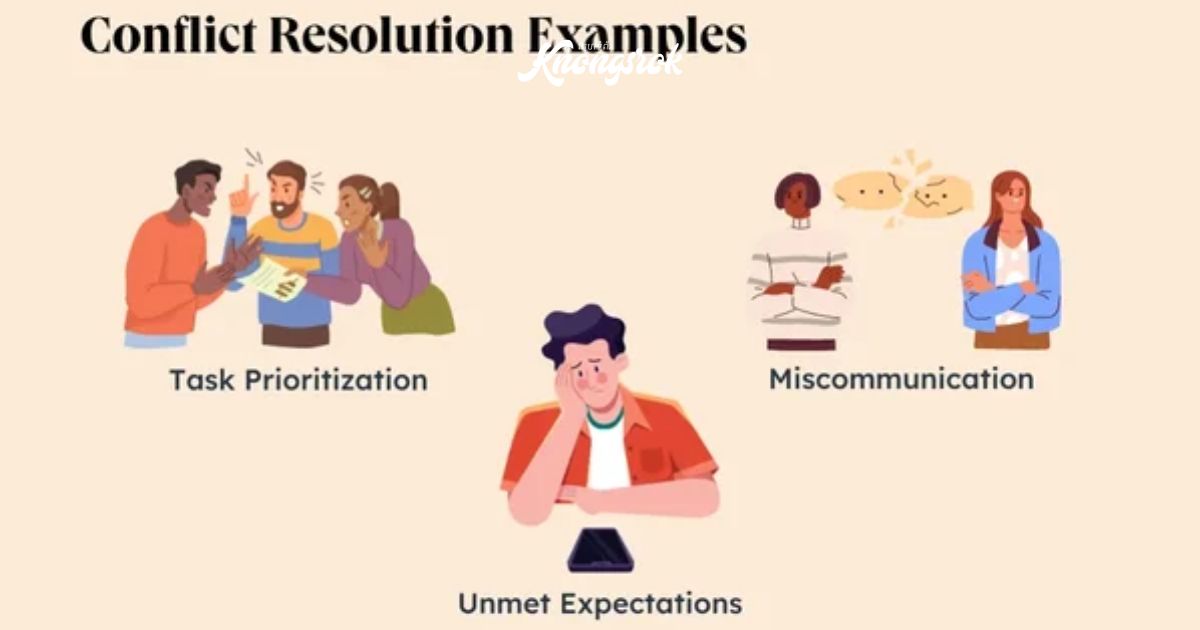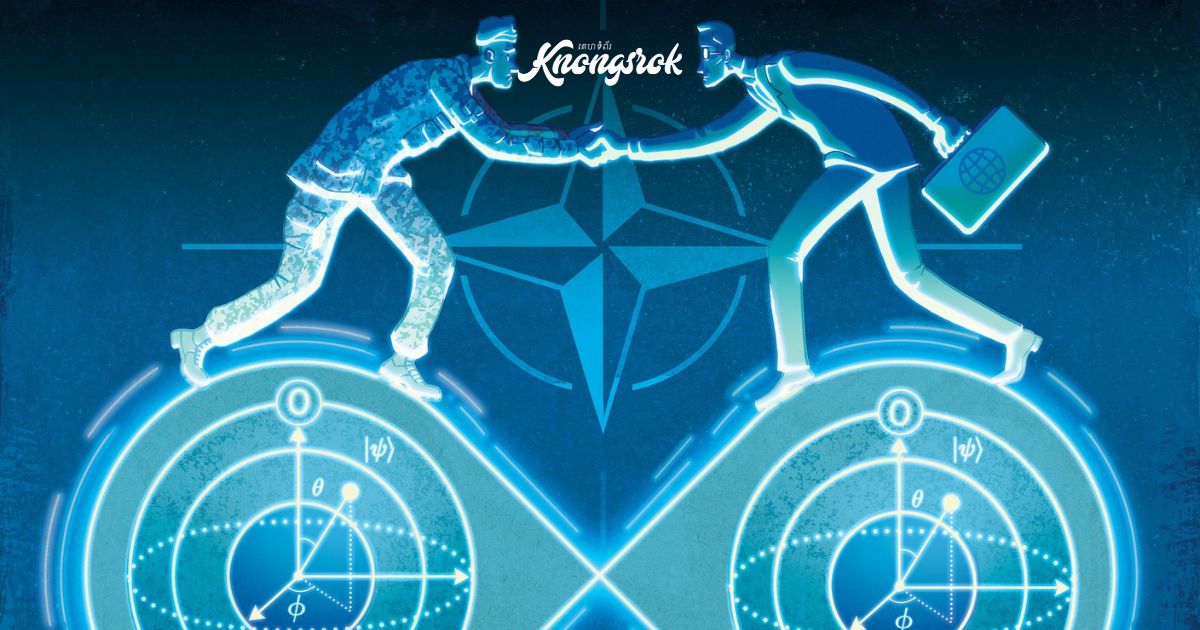Navigating Conflict: Turning Disagreements into Growth Opportunities
Conflict is an inevitable part of any relationship, whether it’s between friends, family, romantic partners, or colleagues. While many people shy away from conflict, viewing it as something negative, it can actually be a catalyst for growth and deeper connection. When handled properly, disagreements present an opportunity to better understand each other, strengthen trust, and improve communication. The key is not avoiding conflict, but navigating it in a healthy and constructive way.

Why Conflict Happens
Conflict arises when there is a clash of perspectives, needs, or values. It can stem from miscommunication, unmet expectations, or differences in priorities. While disagreements are normal, it’s how they are addressed that determines whether they lead to resentment or resolution.
When people in a relationship avoid conflict, issues often simmer beneath the surface, leading to tension and distance. On the other hand, when conflict is addressed with open communication and mutual respect, it provides an opportunity to learn, adapt, and grow together.
The Positive Side of Conflict
Handled correctly, conflict can:
•Strengthen relationships by building mutual understanding and respect.
•Enhance problem-solving by encouraging creative solutions.
•Promote personal growth by challenging individuals to reflect on their own behaviors and beliefs.
•Deepen emotional intimacy by creating space for vulnerability and openness.
In short, conflict doesn’t have to weaken relationships; it can help them evolve into something stronger.
Steps for Navigating Conflict Constructively
1. Stay Calm and Composed
Emotions often run high during conflicts, but reacting impulsively can escalate the situation. Take a moment to breathe and calm down before responding. Staying composed allows for a more productive conversation and reduces the chance of saying something in the heat of the moment that might hurt the other person.
Tip: If needed, step away for a few minutes to gather your thoughts before continuing the conversation.
2. Focus on the Issue, Not the Person
When conflicts arise, it’s easy to slip into blame or criticism. However, attacking the person rather than the issue only leads to defensiveness. Focus on the specific problem at hand and avoid making generalized statements like “You always…” or “You never…” which can feel accusatory.
Tip: Use “I” statements to express how you feel without putting the other person on the defensive, such as “I feel hurt when…” instead of “You never listen.”
3. Listen to Understand, Not to Respond
Active listening is crucial in resolving conflict. Instead of planning your next point while the other person is speaking, focus on truly understanding their perspective. This helps build empathy and can defuse some of the tension. Often, conflicts arise because one or both parties feel unheard.
Tip: Reflect back what the other person has said to ensure you understand them correctly. For example, “It sounds like you’re saying…”
4. Seek Common Ground
During conflicts, it can feel like both sides are miles apart, but there’s often some shared ground. Finding areas of agreement, no matter how small, can help create a foundation for compromise. Focus on shared goals or values that can help bridge the gap between different perspectives.
Tip: Look for solutions that benefit both parties, turning the conflict into a collaborative problem-solving opportunity.
5. Be Willing to Compromise
In any disagreement, it’s essential to be flexible and willing to meet halfway. Stubbornly holding on to your position may prevent a resolution. Healthy relationships require a balance of give and take, and compromise shows that you value the relationship more than winning the argument.
Tip: Identify what’s most important to you and where you’re willing to be flexible, and encourage the other person to do the same.
6. Apologize When Necessary
If you’ve contributed to the conflict, a sincere apology can go a long way in mending the situation. Taking responsibility for your actions shows maturity and respect for the other person. It’s important to acknowledge any hurt you may have caused, even if unintentionally.
Tip: Avoid excuses when apologizing. Instead, focus on the impact of your actions and what you can do differently moving forward.
Common Mistakes to Avoid in Conflict Resolution
•Avoiding the Issue: Ignoring problems doesn’t make them go away; it often makes them worse. Addressing issues head-on can prevent minor conflicts from escalating.
•Stonewalling: Shutting down communication or giving the silent treatment prevents resolution and breeds resentment.
•Overgeneralizing: Making sweeping statements like “You always do this” or “You never listen” can make the other person feel attacked and misunderstood.
•Escalating: Raising your voice, using insults, or bringing up past grievances can inflame the conflict and make resolution more difficult.
Turning Conflict into a Growth Opportunity
1. Reflect on the Conflict
After resolving a disagreement, take some time to reflect on what happened. Consider what triggered the conflict, how it was handled, and what you’ve learned about yourself and the other person. Reflection can help you identify patterns and make changes to avoid similar issues in the future.
2. Communicate Growth
Once a conflict is resolved, acknowledge the progress made. Express appreciation for the other person’s willingness to work through the issue, and highlight any insights or growth that came from the disagreement. This reinforces the idea that conflict, when handled well, can strengthen the relationship.
3. Commit to Improvement
Use the lessons learned from the conflict to improve the relationship moving forward. Whether it’s improving communication, adjusting expectations, or practicing patience, making small changes can prevent future conflicts and promote healthier interactions.
Conclusion
Conflict is a natural part of any relationship, but it doesn’t have to be destructive. By approaching disagreements with calm, respect, and a focus on understanding, conflicts can be transformed into valuable growth opportunities. Healthy conflict resolution strengthens relationships, builds trust, and helps both parties learn more about themselves and each other. The next time a disagreement arises, remember that conflict, when navigated well, can be the key to a deeper and more resilient relationship.
Let me know if you’d like to add more details or tweak any part!














